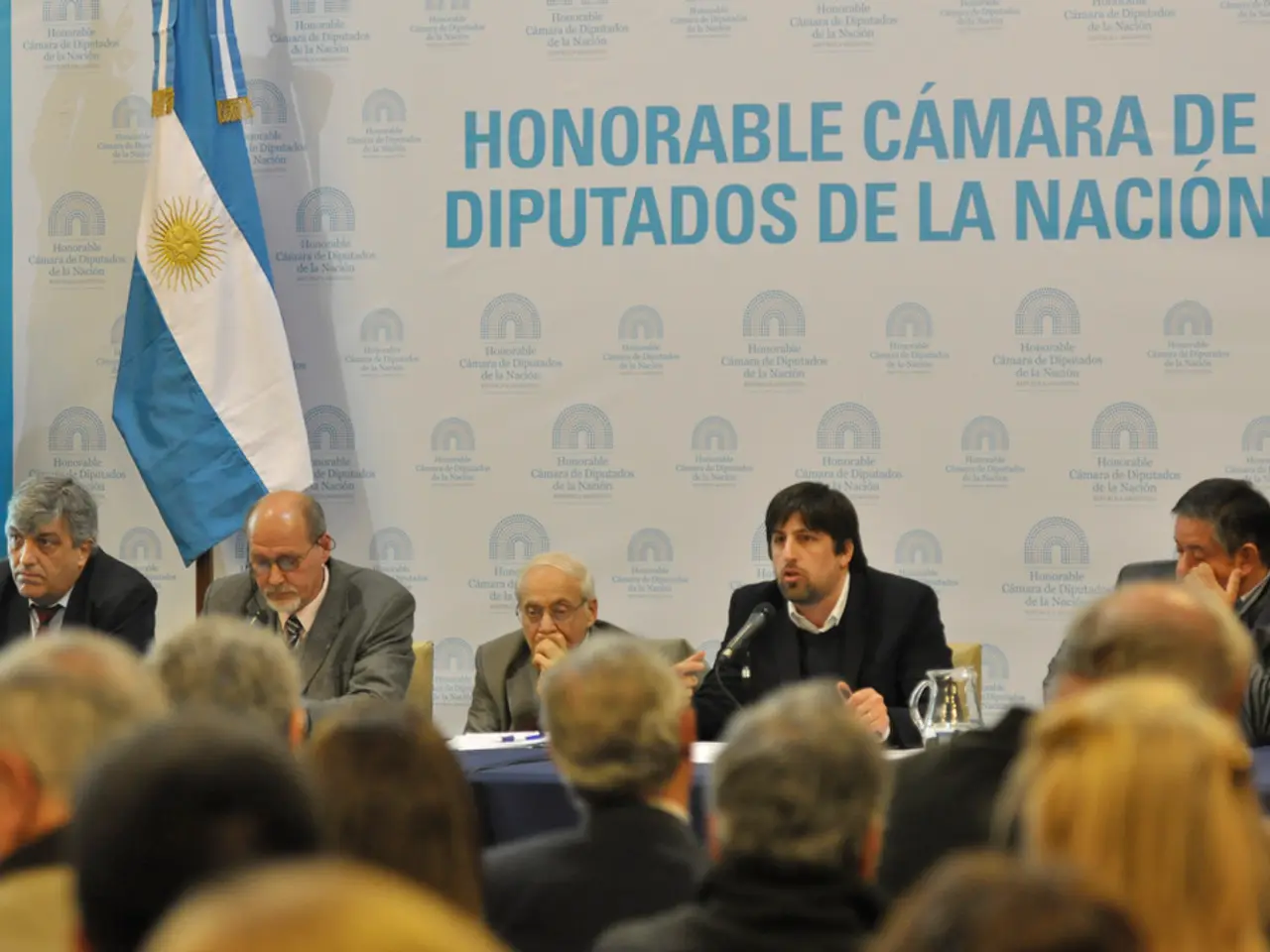Maharaj Wadettiwar, Leader of the Congress Legislative Party in Maharashtra, petitions the Supreme Court to annul the appointment of the former BJP spokesperson as Justice in the Bombay High Court.
In recent times, a controversy has arisen regarding political appointments to the Bombay High Court, with the appointment of Advocate Aarti Sathe, a former BJP spokesperson, sparking debate about judicial independence. Opposition parties like Congress, NCP, and TMC have criticized her appointment, arguing that appointing someone with direct past political affiliations threatens judicial impartiality and the separation of powers.
However, legal experts and senior advocates defending the appointment emphasize that the Indian Constitution does not disqualify persons with prior political affiliations from judicial office. Historically, several judges elevated to the Bombay High Court or other high courts had political backgrounds or connections, such as Justice K. S. Hegde and Justice F I Rebello.
The controversy reflects broader tensions about perceived politicization of the judiciary in India but also highlights that judicial appointments consider multiple factors beyond political activity, focusing chiefly on merit, conduct, and qualification. The Supreme Court Collegium system, which recommends candidates to the government, maintains that prior political affiliation alone is not a constitutional bar.
The appointment of Aarti Sathe, who had resigned from the BJP in 2024 after serving as a party spokesperson, has raised questions about the timing of her judicial appointment. Appointing someone who held an official political role until as recently as 2024 to a judicial post is highly questionable, according to critics.
The judiciary is often seen as the last hope for the common man, but recent developments are raising serious concerns about its independence. Maharashtra Congress Legislature Party Leader Vijay Wadettiwar has appealed to the Supreme Court to cancel the appointment of Aarti Sathe to the Bombay High Court, warning that the appointment of politically affiliated individuals as judges could collapse the very foundation of the judicial system. He urged the Supreme Court to refrain from making political appointments in the future and emphasized the importance of political neutrality to preserve the credibility and independence of the judiciary.
Wadettiwar's concerns are shared by many, as the debate on political appointments to the judiciary continues. The question remains: can political appointments be made without compromising judicial independence, or is there a need for greater transparency and accountability in the appointment process?
- The appointment of Aarti Sathe, a former BJP spokesperson, to the Bombay High Court has fueled a debate about the impact of policy-and-legislation and politics on general-news, specifically in the context of judicial independence.
- In light of the controversy surrounding Aarti Sathe's appointment, the Maharashtra Congress Legislature Party Leader, Vijay Wadettiwar, has urged the Supreme Court to reconsider her appointment, highlighting potential threats to the independence of the judiciary.
- Amidst the ongoing debate about political appointments to India's high courts, Mumbai news has been dominated by discussions on the significance of maintaining political neutrality in the judiciary to preserve its credibility and independence.





